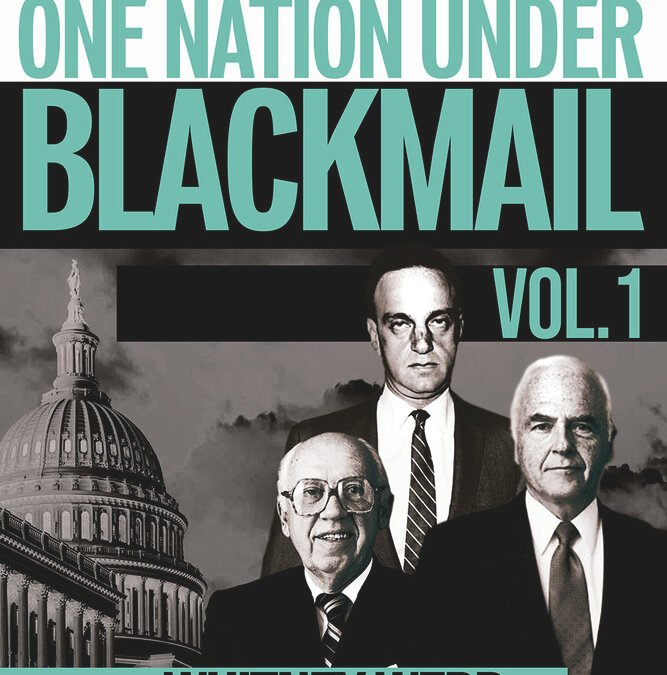
Book Review of One Nation Under Blackmail, Vol. 1: The Sordid Union Be…
A Deep Dive into Shadows: A Review of One Nation Under Blackmail, Vol. 1: The Sordid Union Be… by Whitney Webb
I picked up Whitney Webb’s One Nation Under Blackmail, Vol. 1: The Sordid Union Be… with a mix of curiosity and trepidation. The book’s reputation intrigued me, promising a deep exploration of the labyrinthine connections surrounding Jeffrey Epstein—a subject steeped in controversy and secrecy. As I closed the pages, I found myself in a “mehish-wow” mood, grappling with a torrent of thoughts and emotions that this monumental compilation inspired.
From the outset, Webb immerses readers in an extensive web of characters and institutions connected to Epstein. The book reads like a vast tapestry woven from hundreds of newspaper articles, interviews, and archival documents that line up the major players: criminal gangs, secret societies, and high-profile offenders—each piece enhancing the portrait of a deeply corrupt system. One of the most striking themes is the idea of Epstein as a mere “tip of the iceberg.” Webb’s exhaustive research reveals not just his sordid activities but nudges at the much larger, chaotic underbelly of international crime, trade, and power play.
As I navigated through the dense information, I couldn’t help but feel both overwhelmed and enlightened. Webb’s writing style is deceptively straightforward, not designed to impress but rather to inform, presenting facts with precision. She effectively utilizes language that—while carefully avoiding legal pitfalls—carries a potent charge. The bibliography alone is a goldmine, offering countless resources to dive even deeper into this hidden world. I found myself wanting to follow those breadcrumbs into further reading.
Of course, some aspects left me unsettled. Webb’s critique of figures like Ghislaine Maxwell and Prince Andrew is compelling, yet I wrestled with the highlighted nuances. Why, for instance, was Prince Andrew—the ‘poorest’ of Epstein’s blackmail victims—framed as an easy scapegoat while others, more powerful and influential, seemingly evaded consequences? The exploration of Virginia Giuffre’s complex narrative also raised questions for me. Were her experiences genuine victimhood, or were they muddied by her roles as both a participant and a victim? Those lingering uncertainties are a testament to Webb’s ability to provoke thought and push readers to examine the shadows she casts light upon.
In contemplating the political implications, the book poses an unsettling reality: our leaders, branded as the heads of state, may be mere puppets controlled by unseen hands wielding significant power and influence. Soldiers, the very individuals we send to fight wars, are entangled in this mafia-like government while courageous journalists and whistleblowers battle in the trenches for truth. This reflection left me pondering—do we even honor those brave enough to expose the truth while they’re alive? Or do we wait until the truth becomes "accepted"?
Though I found some of Webb’s assertions preachy—particularly in Chapter 2 where she outlines the FBI’s historical negligence in confronting organized crime—I appreciate her determined effort to spark dialogue about these realities. This isn’t a book to rush through; it demands time, reflection, and perhaps even additional research.
In conclusion, I’d recommend One Nation Under Blackmail to those intrigued by conspiracy theories, current events, or the darker undercurrents of power in America. While it might provoke discomfort, it challenges readers to engage critically with the world around them. Webb has crafted not just a narrative but a call to awareness—one that will linger with me long after these pages have turned. As I mull over the gravity of her revelations, I’m left with a sense that, just maybe, confronting these shadows is the first step towards unfurling the truth of our shared history.
Discover more about One Nation Under Blackmail, Vol. 1: The Sordid Union Be… on GoodReads >>






